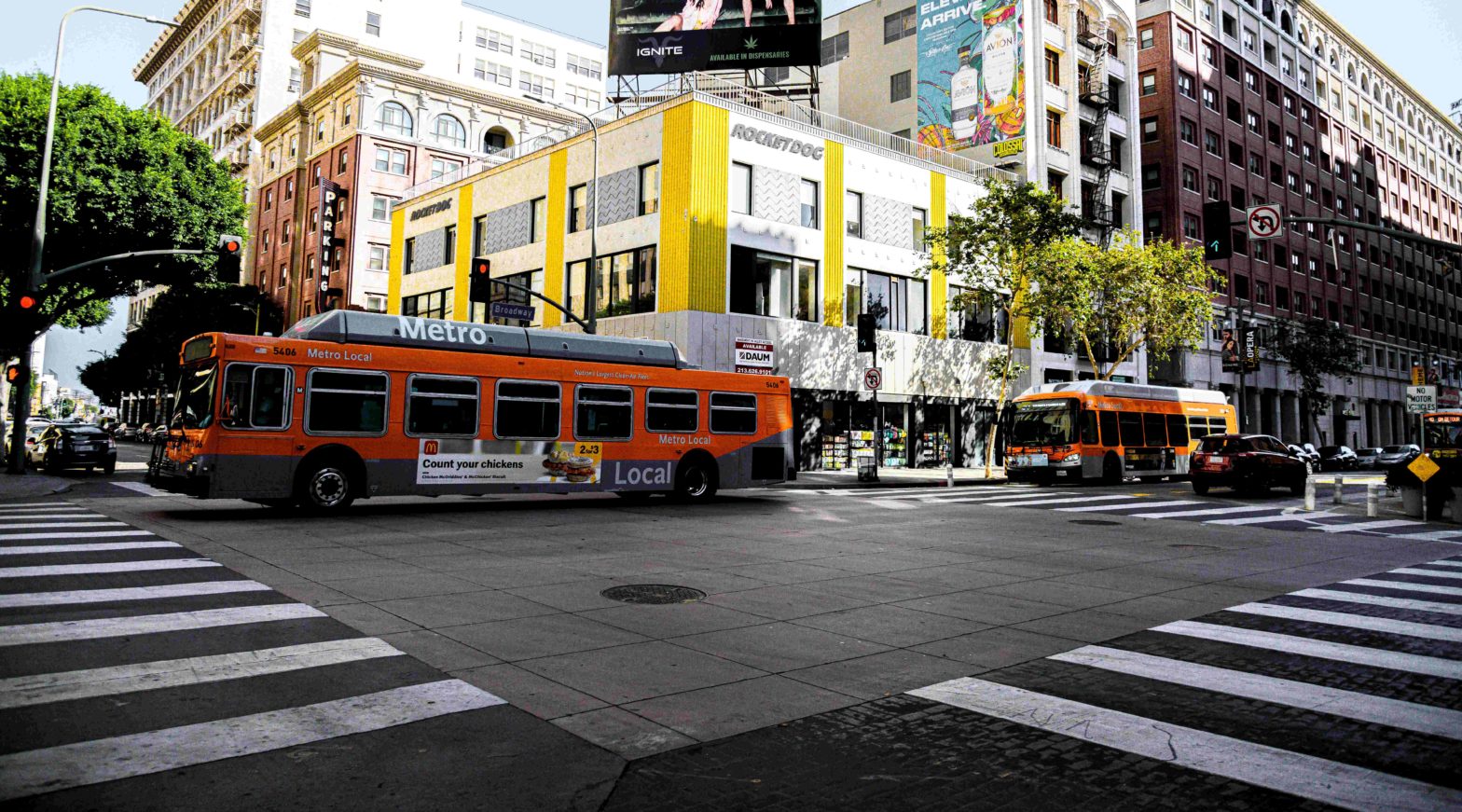
Photo: amy-chen-s-unsplash
Seattle mulls $200 ‘mobility wallet’ for low-income residents
12 December 2023
by Christopher Carey
The City of Seattle is considering piloting a ‘mobility wallet’ for low-income residents in a bid to boost access to transport.
The wallet – which would be distributed as a debit card pre-loaded with US$200 every four months – could be used for on-demand services or micromobility options, and would be allocated to those living in low-income housing.
Speaking to Cities Today, Greg Spotts, Director of Transportation at the City of Seattle, said the initiative was linked to a previous scheme that saw thousands of low-income residents receive free public transport passes.
“When we distributed these free passes to public housing residents, that was only to folks who lived in housing owned by the city of Seattle,” he said.
“But there’s lots of other people that are living in low-income housing that’s operated by social service providers, so we’re looking at the potential for a pilot where we could offer two things [to residents in this housing] – a free transit pass and a debit card that could be used for certain kinds of mobility like e-bike and e-scooter rentals, Lyfts and Ubers, or taxis.”
Safety net
Spotts said the idea behind the concept is for people to have a “safety net” in situations where public transit can’t meet their trip needs.
He explained: “An example that inspired the idea was when we talked to a baggage handler at the airport who said that when a plane comes in late, the baggage staff stay late and they end up having to leave the airport after transit shuts down at night. He told us he’d actually spent the night at the airport before because he couldn’t afford to get a Lyft or an Uber – and this is exactly the kind of situation a mobility wallet could help with.”
Last January, the city announced that up to 10,000 residents living in properties owned and managed by the Seattle Housing Authority would be eligible for free unlimited-use public transit cards.
The scheme is funded by the Seattle Transit Measure, a voter-approved 0.15 percent sales tax that generates US$39 million annually to fund transit services, capital projects and access programmes.
“Today, among several different categories, there are 23,000 Seattleites who have received a free transit card, and last year they took almost half a million trips,” Spotts said.
Los Angeles
Seattle wouldn’t be the first US city to experiment with the mobility wallet concept.
In April 2022, LA Metro and LADOT teamed up on a Universal Basic Mobility programme – an US$18 million investment to bring expanded transportation options to the South LA neighbourhood.
The scheme included an expansion of transport offerings to low-income areas with investment in e-bikes, shared electric cars, an on-demand electric shuttle service, and provision for the launch of a mobility wallet pilot.
The pilot – which launched in May 2023 – provides US$150 per month to 1,000 residents for use across a range of transport options, including public transit, the city’s electric car share, rideshare, bikeshare and e-scooter schemes.
Additionally, participants can also use the funds for services or products in bicycle shops.
The first phase of the trial is set to last until April 2024, with another 1,000 participants expected to be selected for a second phase starting next summer.
An LA Metro spokesperson told Cities Today that in the initial six months of the pilot, the mobility wallet has facilitated 40,087 trip purchases on Metro bus and rail, and 25,000 trips via ridehailing services.
When looking at a percentage breakdown of how the US$150 is used each month, ridehailing and taxi trips accounted for the vast majority of spending (83.99 percent), followed by Metro bus and rail (11.72 percent), and shared e-scooters/bikes (1.28 percent).
Image: amy-chen-s-unsplash











